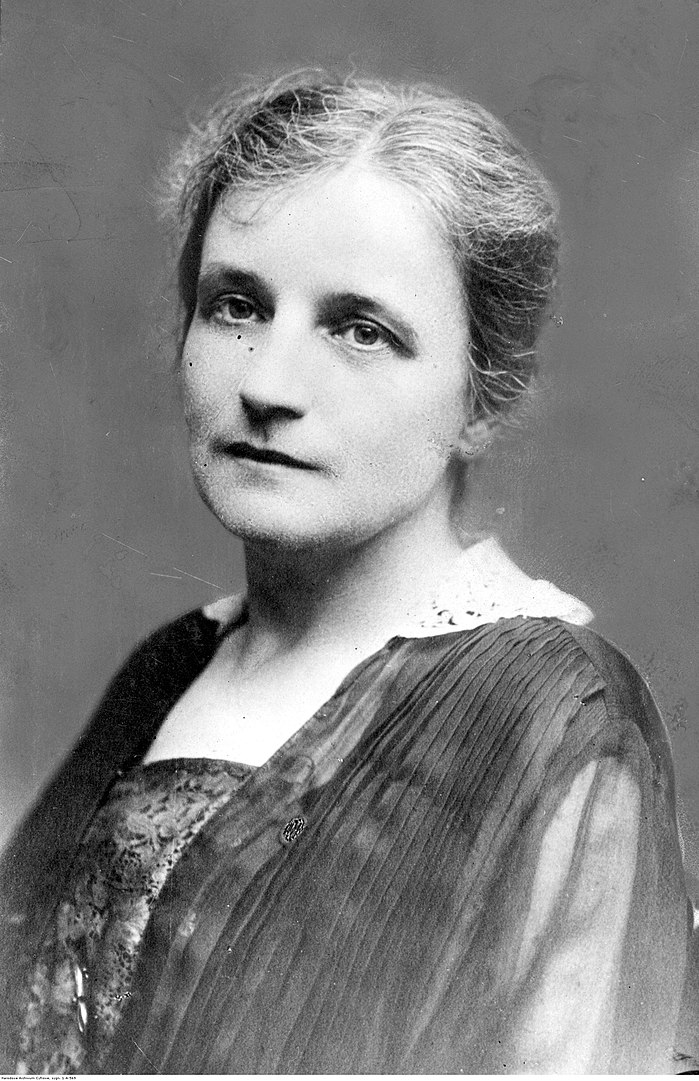Polish women obtained passive and active voting rights after Poland regained independence. The decree on the electoral law to the Legislative Sejm was signed by the Head of State on November 28, 1918.
Legend says that the rights of women were won by the international feminist activist Justyna Budzińska-Tylicka, who visited Piłsudski, together with other women, right after he was released from prison in Magdeburg. The visit took place on a rainy evening and Piłsudski was not interested in receiving the delegation. It is said that only the intense efforts of the ladies to let them in, expressed by the loud tapping of umbrellas on the villa’s windows softened Piłsudski’s heart.
In fact, the debate about women’s suffrage rights took place across the country. It was a kind of promotional campaign that made people aware of the importance of the upcoming changes. This solution was supported by all Polish press, from the leftists to the Catholics to the National Democratic Party. The matter was also demanded by the women themselves in the earlier period. In 1908, the well-known and respected writer Zofia Nałkowska wrote about “the liberation of women to humanity through granting her public rights”, and in 1917 a Congress of Women from three (Russian, Austrian and Prussian) partitions was held.
Certainly, the personal attitude of Piłsudski’s partner – Aleksandra Szczerbińska, who belonged to the activists of the Polish Socialist Party, was also of great importance. Zofia Moraczewska, 46, the wife of former Prime Minister Jędrzej Moraczewski, was a famous advocate of women’s rights. The group of people demanding universal suffrage also included Zofia Moczydłowska as a representative of the right-wing of the political scene (the National People’s Union), and Gabriela Balicka-Iwanowska – a representative of the National Democracy.
A total of 40 women were elected to the Sejm and Senate in the Second Polish Republic, and in 1929 the first woman judge was appointed. Zofia Moczydłowska spoke as the first woman in the Sejm. She was an extremely influential person being the secretary of the National Club of the People’s Union. Only Irena Kosmowska, who joined the Secretariat of the Club of the Polish People’s Party “Liberation”, held the higher political positions than Moczydłowska. Kosmowska also became the history as the first and only deputy minister. In this position, she dealt with education in the “Lublin government” of Ignacy Daszyński.





